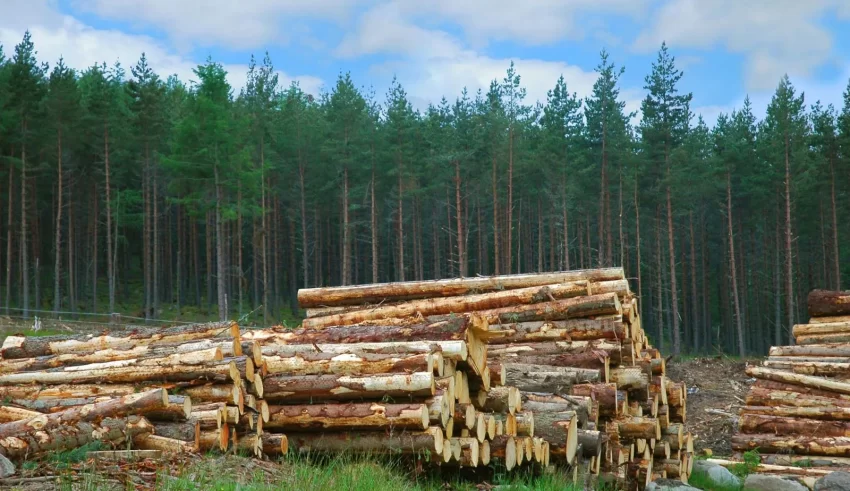
Increasingly, technology plays a significant role in how modern conflicts are fought. Always more automated weapons are employed in an attempt to increase efficiency and decrease human losses. Notwithstanding this, the ancient strategy of manipulating vital natural resources remains a common and, unfortunately effective, tool in conflicts. Natural resources are weaponised for political and military gains, psychological terrorism and extortion/incentivisation both in external and internal conflicts. Nonetheless, environmental stresses and scarcity can play a role in all phases of the conflict cycle, including contributing to the outbreak and reaching peace. It is in light of the integral part effective management of natural resources can play in avoiding conflicts and exploitation that a more effective framework should be put in place to address this issue.
The most exemplary case of weaponization of natural resources are attacks on water. The history of violence against water supplies reaches back to nearly 4,500 years ago in Mesopotamia. Perhaps unsurprisingly, not much has changed since then. In present days we have seen a worrying escalation of the weaponization of water. Two of the main ongoing conflicts, the Russia-Ukraine war and the conflict between Israel and Palestine, perfectly illustrate this. Water supplies to millions of civilians were cut off by Russian attacks on the Kakhovka dam as well as pipelines and water treatment plants in Ukraine. Similarly, Israel has systematically targeted Palestinian water wells, storage tanks and irrigation systems in the West Bank and Gaza.
The consequences of such attacks stretch far beyond their strategic value in winning a conflict. The scarcity of water clearly affects the immediate and long-term health of civilians; as we have seen hospitals and refugee camps in Gaza are now relying on highly contaminated or salty groundwater, which increases the spread of water-related diseases. The consequences, especially in case of water contamination, also extend to long-term food production with all that means for the population’s health and for the country’s economy. The same can be said about the targeting of energy resources that are part of the natural environment, such as oil, coal and natural gas. Importantly, the role of natural resources in conflicts is not limited to their instrumentalization to gain an advantage on the other party. In fact, often natural resources are the cause of the conflict itself.
Again, water scarcity highlights this point. Violence over water has increased especially in the Middle East where attacks in Yemen, Iraq and Syria amounted to a third of the global total attacks recorded in 2022. We are also witnessing tensions between Iran and Afghanistan over the Helmand River. This issue is inevitably exacerbated by climate change. Worsening extreme weather conditions, altered planet’s hydrologic cycles and higher temperature leading to increased water demands are all putting enhanced pressure on the limited water supplies around the world. As a result, it is likely that climate-driven water scarcity will increase the risk of conflicts. It is in light of the wider role natural resources play in conflicts that myopic and isolated solutions should be abandoned in favour of a more comprehensive framework that addresses both ineffective and corrupted management of resources and their exploitation in conflicts.
Currently, the general stand on the weaponization of natural resources is that it represents a breach of international law. Specifically in relation to water, the UN has formally declared access to water as a human right. International law prohibits the use of water as a weapon of war and under international humanitarian law civilian water infrastructures need to be protected. Such an unequivocal formal stand is arguably undermined by the lack of an effective framework for implementation. Firstly, a greater diplomatic effort should be made to ensure specific international treaties on the subject are signed by as many countries as possible, which is currently not the case. In this way protection of natural resources from exploitation can be extended and more actors can be hold accountable. Secondly, the issue of application of international law to non-state actors, often involved in conflicts, should be given more attention. Furthermore, a step forward could be made through a mix of increased oversight and deterrents aimed at prevention, rather than accountability only. Ideally, an overseeing international body could be established to monitor and investigate cases of weaponization of natural resources. Similarly, economic sanctions and diplomatic isolation should be implemented as deterrents from further exploitation. As mentioned, however, the role of natural resources as triggers of conflicts should also be addressed.
Considering that billions of people rely on water that crosses political borders, there is a lack of international sharing agreements. Therefore, certainly more diplomatic efforts could be channelled towards resolving disputes and reducing interstate water tensions. Further and more effective cooperation is also necessary to use the engineering, economic and political strategies already at our disposal to guarantee access to natural resources, thus reducing conflicts. This means a better management of natural resources based on wiser investments and more collective policies. Finally, security could also be enhanced by integrating natural resources into peacebuilding strategies once conflicts have already started. This would mean to both more readily identify natural resources as the underlying cause of conflicts and also respond to the environmental and natural resources needs that populations face following the conflict. Doing so would most likely be instrumental to fostering a long-lasting peace.
To conclude, the terrible consequences of the weaponization of natural resources and the violence triggered by their scarcity should call for a greater international effort consisting of a comprehensive strategy to ensure a better management of natural resources and the punishment of their exploitation in conflicts.
The European Institute for International Law and International Relations















